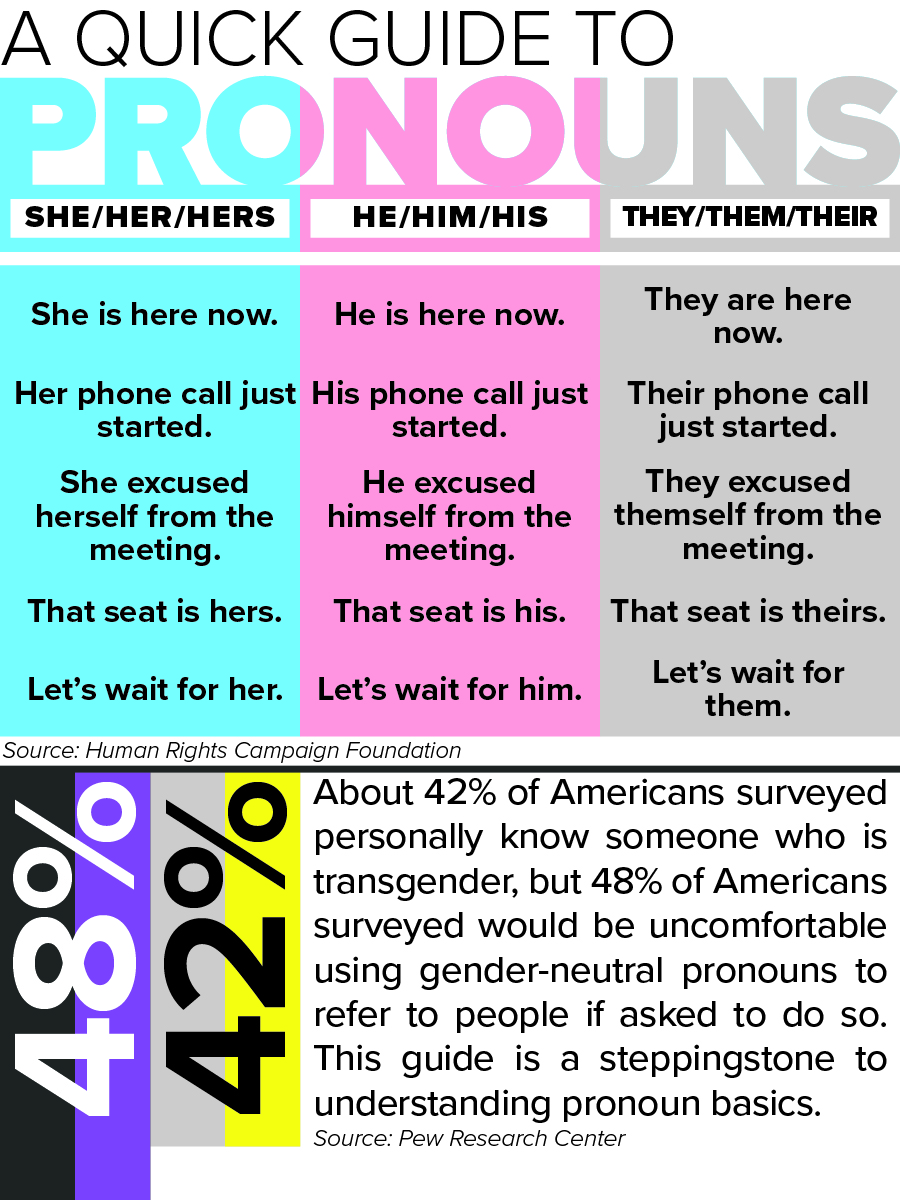
On Nov. 28, 1998, Rita Hester, a Black trans woman, was murdered in her house at 21 Park Vale Ave. in Boston. Hester was misgendered and given the wrong name by the media who covered the death. Trans advocates marched through her town the following year, initiating the Transgender Day of Remembrance.
TDOR was the only major observation that, up until 2009, honored the memory of transgender people whose lives were lost as a result of anti-trans violence. Transgender Day of Visibility attempts to expand awareness beyond that, as the majority of trans advocacy in the press was dominated by news of anti-trans violence.
Rachel Crandall-Crocker founded TDOV in 2009 to bring people together by celebrating transgender people rather than grieving.
In an interview with The 19th, Crandall-Crocker stated, “I wanted a day where we can celebrate life and I wanted a day where we could be all seen.”
Every March 31, TDOV honors trans, nonbinary, and gender non-conforming individuals while raising awareness of the importance of efforts to promote fairness and understanding.
According to GLAAD’s Accelerating Acceptance 2023 research, support for LGBTQ+ rights in America among non-LGBTQ+ people is at an all-time high. The research also found a clear correlation between the lack of representation of the trans community in media and advertising and the lack of familiarity among the LGBTQ+ community.
The study also found that non-LGBT+ people who are exposed to the LGBTQ+ community in the media are 30% more likely than those who are not exposed to the community to feel secure.
TDOV is a call to action to have a more fair and accurate portrayal, and here are some ways to celebrate, advocate, and learn more.
Education
Discuss and learn more about the history of the transgender and nonbinary communities. Education is the first step in understanding people who are different from you, whether you watch a documentary like “Disclosure” (2020), read a book by a trans author like Diane and Jacob Anderson-Minshall’s “Queerly Beloved” (2019), or engage with local advocacy groups.
Consider enrolling in a course or working with the Department of Social Transformation Studies if Kansas State individuals want to advance their education.
Advocacy
As of March 15, the American Civil Liberties Union is tracking 16 pro-LGBTQ+ bills in Kansas. Making changes requires knowing what representatives are doing and holding them accountable. Consider writing letters to ensure they make transgender-friendly decisions and researching the policies they have voted for when putting them in office.
Speaking out against anti-trans comments is another way to support trans and non-binary justice. If you see something, say something because it will help to bring about more equality and acceptance for transgender and nonbinary individuals.
Volunteering
Volunteer at transgender and gender-affirming medical organizations in your area or participate in educational events like the Kansas City, Missouri event “Transformations in the Workplace.”
Networking
Find out how you can help or find resources by reaching out to LGBTQ+ organizations in your area. At K-State, the Spectrum Center, previously known as the LGBT Resource Center, is located at 207 Holton Hall and is a great place to find resources, support, and more.
Attending a rally, like the Equality Kansas rally in Topeka on April 1, also shows support and gives attendees an opportunity to learn from various local advocacy organizations.
Donations
If you have the means, consider donating to LGBTQ+ and transgender advocacy groups. The Spectrum Center, the Human Rights Campaign, and the Kansas State University Foundation are all excellent starting points; just specify that the donated funds are intended to support transgender and intersex individuals.



